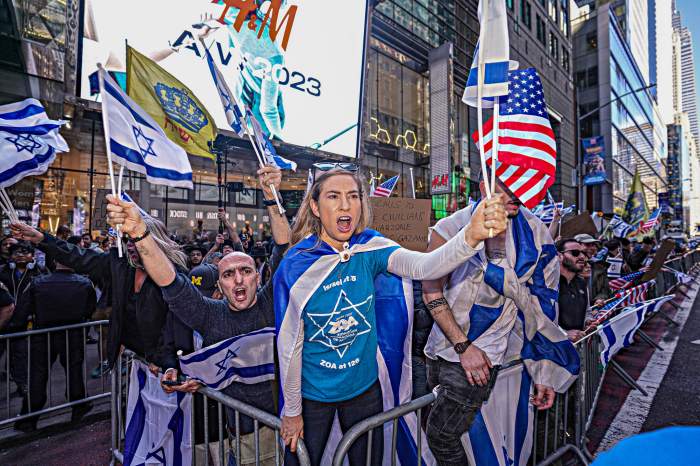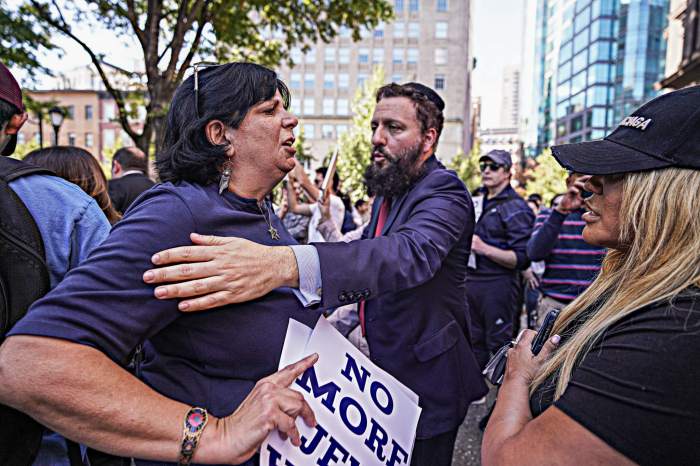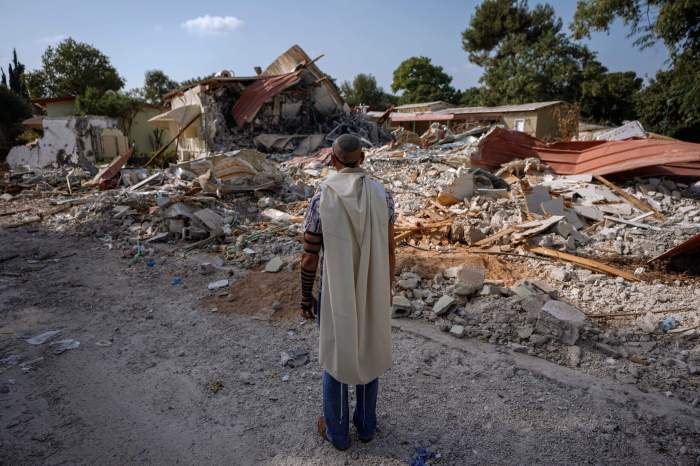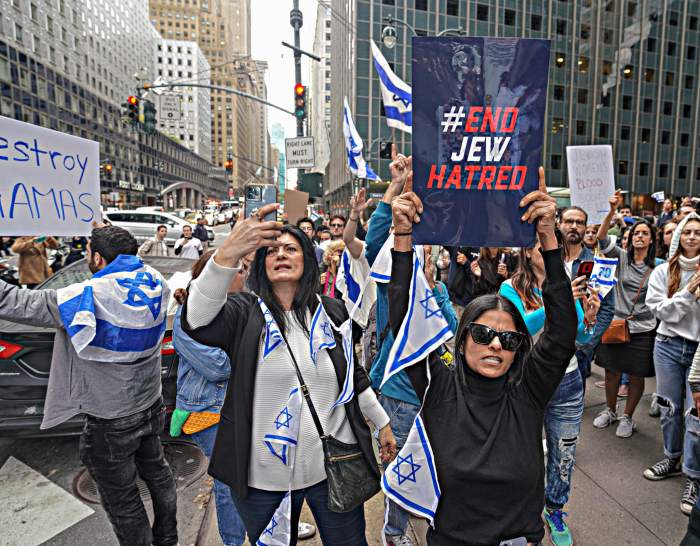
The MTA has released an ambitious to-do list of subway projects it hopes to roll out in the next five years. So give the agency’s brass a quick round of applause for seeking to improve the quality of life for millions of daily riders. But a word to the wise — don’t overdo the praise.
Here’s the catch: The full 2015-19 MTA capital plan weighs in at $32 billion. But the agency has no idea how it might fund nearly half of that. One way — always lurking in the background — is to whack the project list. Or put the agency further in debt.
We hope a balance can be found because there’s much to like on the drawing boards. The MTA plans to:
Can the MetroCard. In its place would be a system using smartphones, key fobs and credit cards to read our information and briskly churn us through turnstiles. It’s supposed to be faster than swiping.
Keep digging. Phase 1 of the Second Avenue subway line will extend Q train service from 63rd Street to 96th in 2016. The second phase — burrowing toward 125th Street — should start up after that.
Keep upgrading. The MTA’s wish list includes 940 new subway cars, 16 miles of continuously welded track in key places to stop derailments, and more platform intercoms, countdown clocks, security cams and intrusion-detection devices.
So how might the MTA scare up the missing $15.5 billion it needs to make the full plan work?
MTA chairman Thomas Prendergast says the agency will have to build a political consensus in Albany and at City Hall for forging ahead with the system’s full rehab. Albany will need to identify additional funding streams. City Hall will need to increase its ante to the MTA.
Today City Hall pays the MTA around $100 million a year. That’s not much, given that New York City’s two global businesses districts — in lower Manhattan and in midtown — wouldn’t amount to much if not for our massive subway system. An increase to $125 million a year — which Prendergast supports — would hardly break the bank.
Mayor Bill de Blasio has long preached the need for better subways — which also happen to be our most democratic mode of transportation. Time to pay up.

















